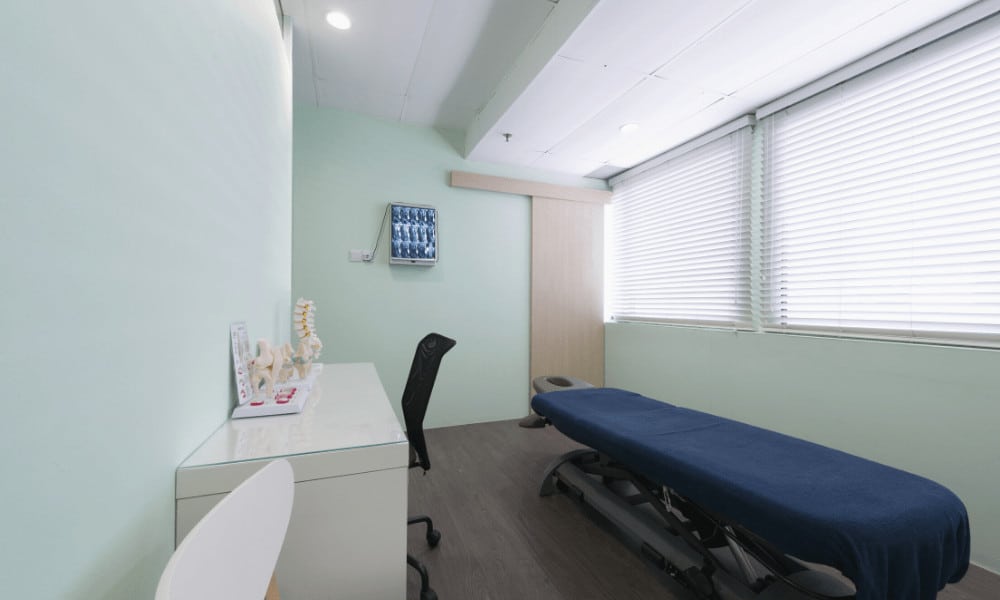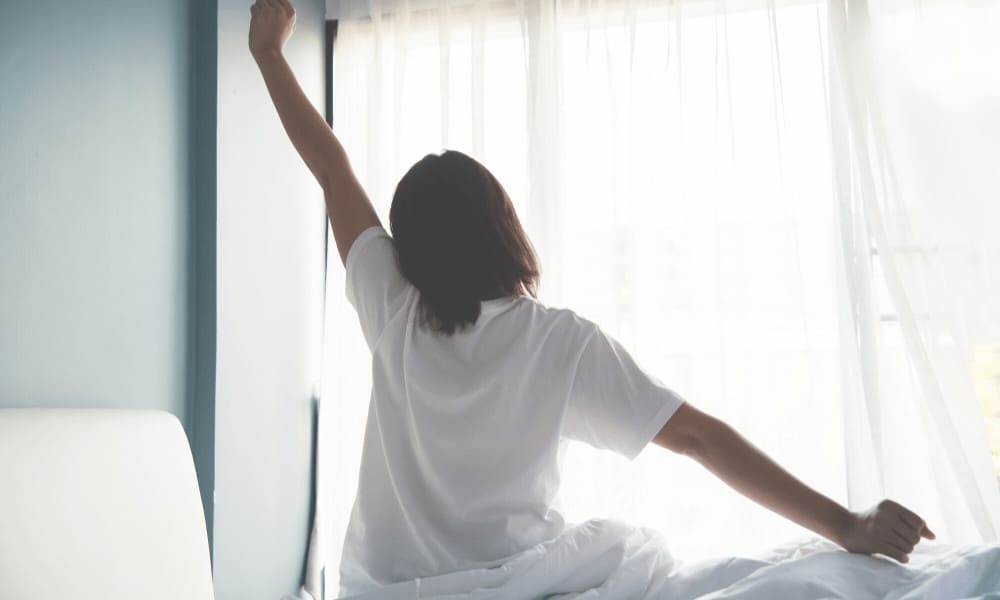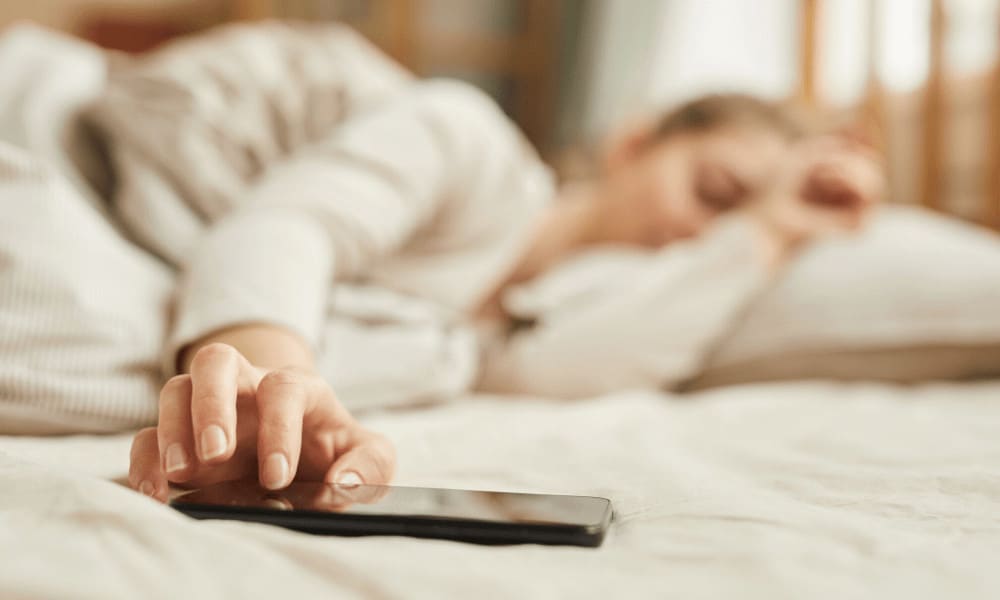Keep tossing and turning at night is a terrible experience. It brings anxiety and makes horrible nightmares come to life.
If persistent, these symptoms may indicate you – or anyone with it – may be suffering from insomnia or other serious conditions.
Don’t let the hard time you’re having to get to sleep reach such a degree: to help you deal with sleep issues, we’ve brought you some tips and practices that will make you sleep better at night and be able to regain the energy sleepless nights have drained from you.
#1 Include physical activity in your routine, but way before you lay down at night

Lack of exercise is the cause of many ills for human health: intestinal problems, lack of vitamin D, body aches, imbalanced hormones, muscle weakness, and many other possibilities.
Clearly, all these symptoms can prevent us from sleeping well as our brain will not be able to rest if suffering from them, trying to deal with so much instability in our body.
However, people should never exercise close to bedtime. Otherwise, they may end up getting their body and mind activated, and their brain will refuse to get to sleep mode.
#2 Get your body treated with physical therapies for body pain – Chiropractic Care is a great possibility as well

As we mentioned above, pain can be a major cause of sleepless nights, but that’s not all it causes. If you feel pain throughout the day, you will end up building stress and accumulating fatigue.
Then, when you lay down in bed at night, everything will come up, and your thoughts will be pelted by your worries and concerns.
Chiropractic care helps relieve stress and keep the body healthy, and, therefore, sleep better.
#3 Respect your natural sleep cycle

Our body and mind are extremely sensitive to interruptions in the sleep cycle. If we wake up too early, or too late, for example, we start feeling head and body aches, slow thinking, distraction, or tiredness, right after stepping out of bed.
If you are often changing your sleep routine, that may be the cause of your sleeping issues.
Unfortunately, being tired doesn’t mean we’ll necessarily get to sleep quickly and non-interruptively, so we have to avoid disrupting a long-established routine, and respect our “sleeping schedule”.
#4 Increase your exposure to the sunlight

Your body can understand whether it’s day or night, and, consequently, whether it’s time to sleep or not. That’s due to the circadian rhythm.
If everything goes well in your body, you will be naturally more active during the daylight, and less energetic at nighttime.
However, if you don’t get enough sunlight exposure, you can change the way the circadian rhythm works, and your sleep can get disrupted.
Research proved a higher exposure to daylight is an effective way to treat insomnia, which can improve results between 75% and 90%.
If that works even for people with a real condition, it will certainly help you too.
#5 Avoid daytime naps

Especially on weekends, when we prepare something greasily special to enjoy our free time and meals with the whole family, yeah, I know: taking a nap after lunch can be almost irresistible.
The problem is naps during the daytime also affect the circadian rhythm and will store energy instead of using it, which should be the correct way to manage things.
The results are: you are very active at night, and unable to commit to a sleep routine.
#6 Deal with your professional and personal life issues

Unfortunately, dealing with problems is not always entirely in our hands. Much of what affects us comes from others, and it is impossible to 100% avoid having problems and stressors daily.
Even so, there are many things we can do to reduce the stressors and improve sleep quality, such as:
• Talk to people we trust about our problems.
• Do not let to resolve certain situations on the next day if they can be resolved at that moment.
• Stay away from toxic people who do not add to our lives.
• Show respect for those we are in contact with and request they show us back.
• Accomplish to have a healthy working environment;
• Control our finances better.
All these factors are high stressors that can be avoided with good planning and smart actions, which will have short and long-term effects.
Just don’t let your life chaotic for yourself, and make sure you are fighting each day to make the environment you exist in, and interact with, is healthy for you and the people you care about.
#7 Reduce Blue Light Exposure Time at least 2 hours before bedtime

Exposure to blue light decreases melatonin production, which prevents you from relaxing and letting your thoughts go away.
Blue Light, in case you didn’t know, is the type of light emitted by electronic devices such as smartphones, monitors, and televisions.
If you are having trouble sleeping, it means that you may be:
• Playing video games until very late.
• Involved in family or work issues until bedtime.
• Going to sleep after a few hours in front of the television.
• Watching videos in bed on your mobile.
If you’re looking for a hobby to wait until you get sleepy in bed, I recommend using e-readers like Amazon’s Kindle.
This reader doesn’t emit blue light, and its battery lasts for more than 24 hours. This means it probably won’t turn off when you reach the climax of a story, as it sometimes happens with our smartphones, killing us of curiosity.
#8 Improve your eating habits, especially before going to bed

For your last meal of the day, try to eat light and easily digestible food such as fruits, probiotic yogurts, or other high-fiber alternatives.
By eating smart, you won’t feel bloated and will help your digestive system to work better, especially when you’re sleeping, ensuring that your body won’t interrupt your rest.
However, just having good eating habits before bedtime is definitely not enough to solve all sleeping issues: consume moderate amounts of caffeine, sugar, and carbohydrates, and avoid nicotine and alcohol as much as you can.
Oh, and don’t forget: drink lots of water – but never before bed!
Click here to see what other experts have to say about the relationship between sleep and spine health and what you can do to protect your spine and get a night of quality sleep.



